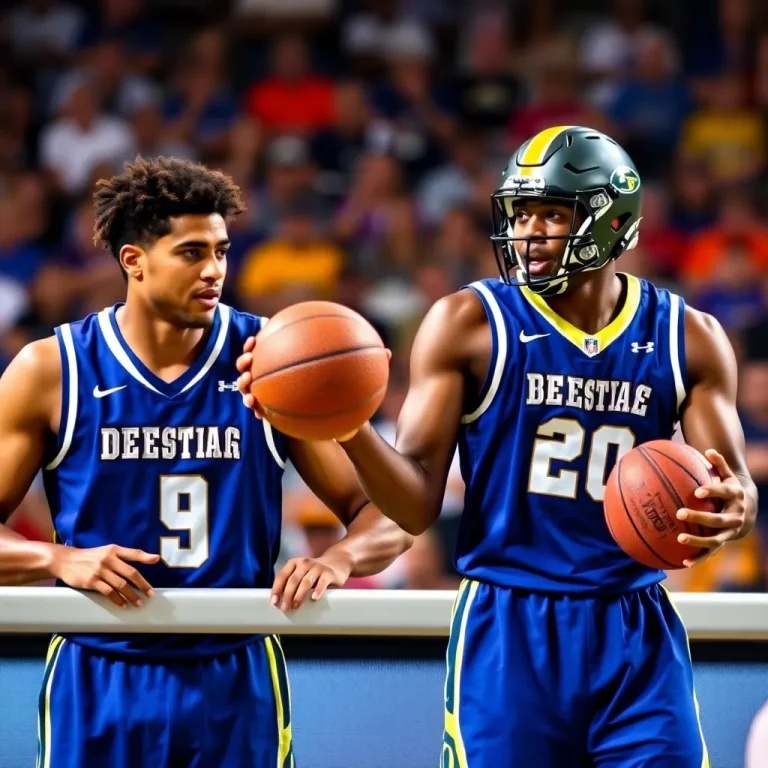Columbus, Ohio – In a surprising turn of events, the NCAA has decided to officially allow college athletes to place bets, but there’s a catch: they can only bet on professional sports. This policy shift is creating a buzz in the world of college athletics, igniting discussions about the potential consequences of mixing sports and gambling.
Dr. B. David Ridpath, a professor at Ohio University and a former college athletics administrator, weighed in on the change. He suggested that this decision is part of a larger trend within college sports, which has already seen new freedoms through NIL (name, image, and likeness) deals for athletes. “You as a college student—or me as a college student—weren’t restricted from doing that,” Ridpath noted. “A college athlete shouldn’t be restricted either, but they can be educated and counseled on what’s good and what’s bad. To keep them completely away from sports betting is like prohibition—it didn’t work.”
Historically, the NCAA was apprehensive about athletes potentially misusing insider information or being overly influenced by gambling. Ridpath explained that these concerns have been brought back into the spotlight due to recent controversies in the NBA. He noted that the NCAA was particularly worried about the dangers posed by insider information that players might possess.
Despite these worries, Ridpath believes that current technology and regulations make it easier to catch anyone who might break the rules. “Because it is so well regulated, those things can be dealt with,” he said, adding that while it’s impossible to eliminate all risks, a system can be put in place to minimize them.
Education is key, Ridpath emphasized. He argued that student-athletes need to understand the risks that come with betting. “College students have an interest in it,” he said. “Like anything else—smoking, drinking, whatever it may be—they just need to be educated on what the risks are.”
Looking ahead, Ridpath predicts that the NCAA may loosen restrictions even further in the future, possibly allowing athletes to engage in betting on college sports—provided they don’t bet on games they are participating in.


